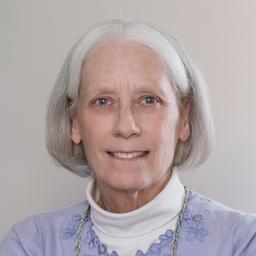Q: These days the shelves are full of different probiotics. Do you have any guidelines for choosing among them? Do you recommend any brands in particular?Dr. Ann Corson: Probiotic choices depend on the individual patient’s needs.
Diagnostic stool testing can reveal deficiencies in different classes of probiotic organisms. Diet plays a huge role in which probiotics may be needed as does prior medical history and medication usage, especially antibiotics.






